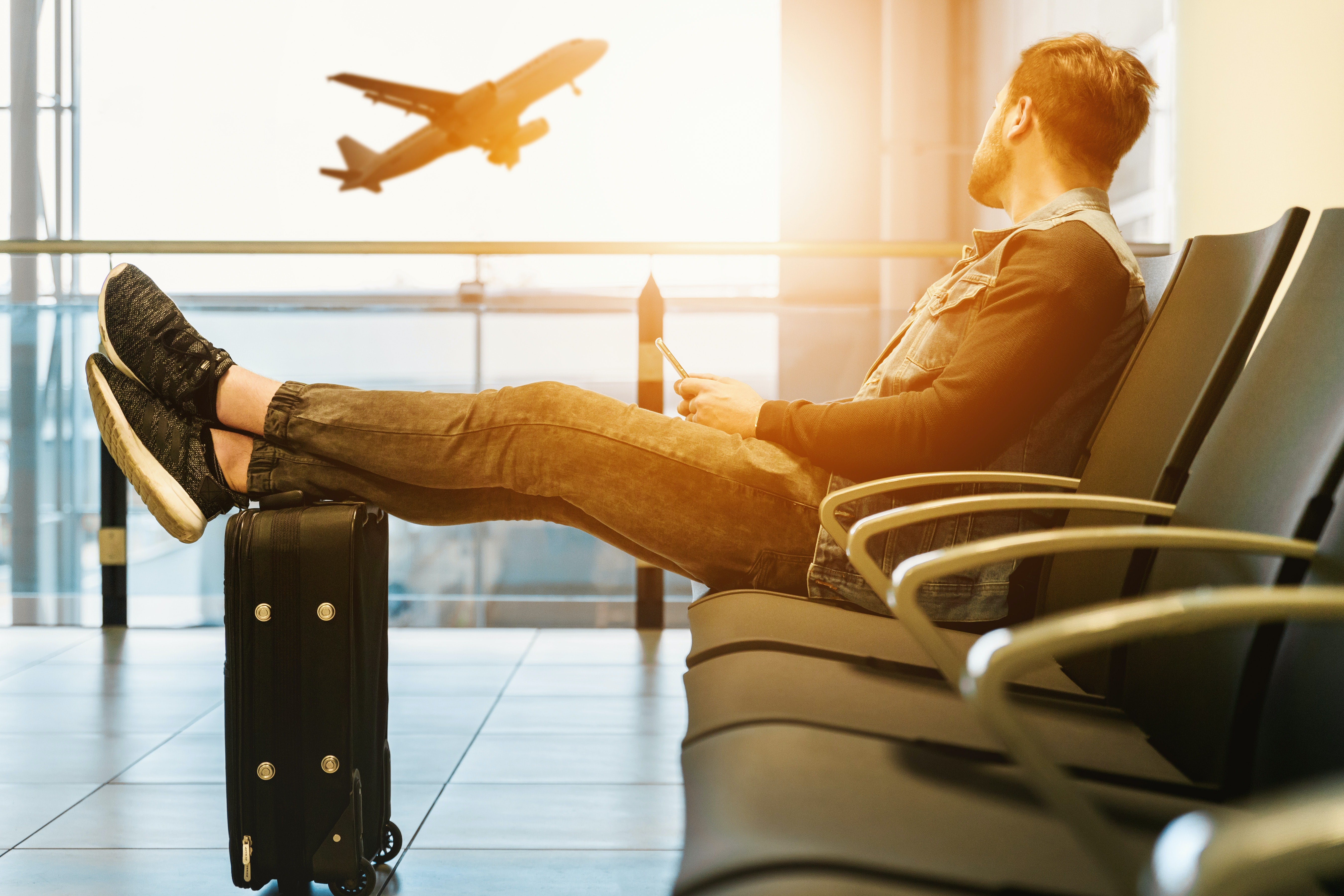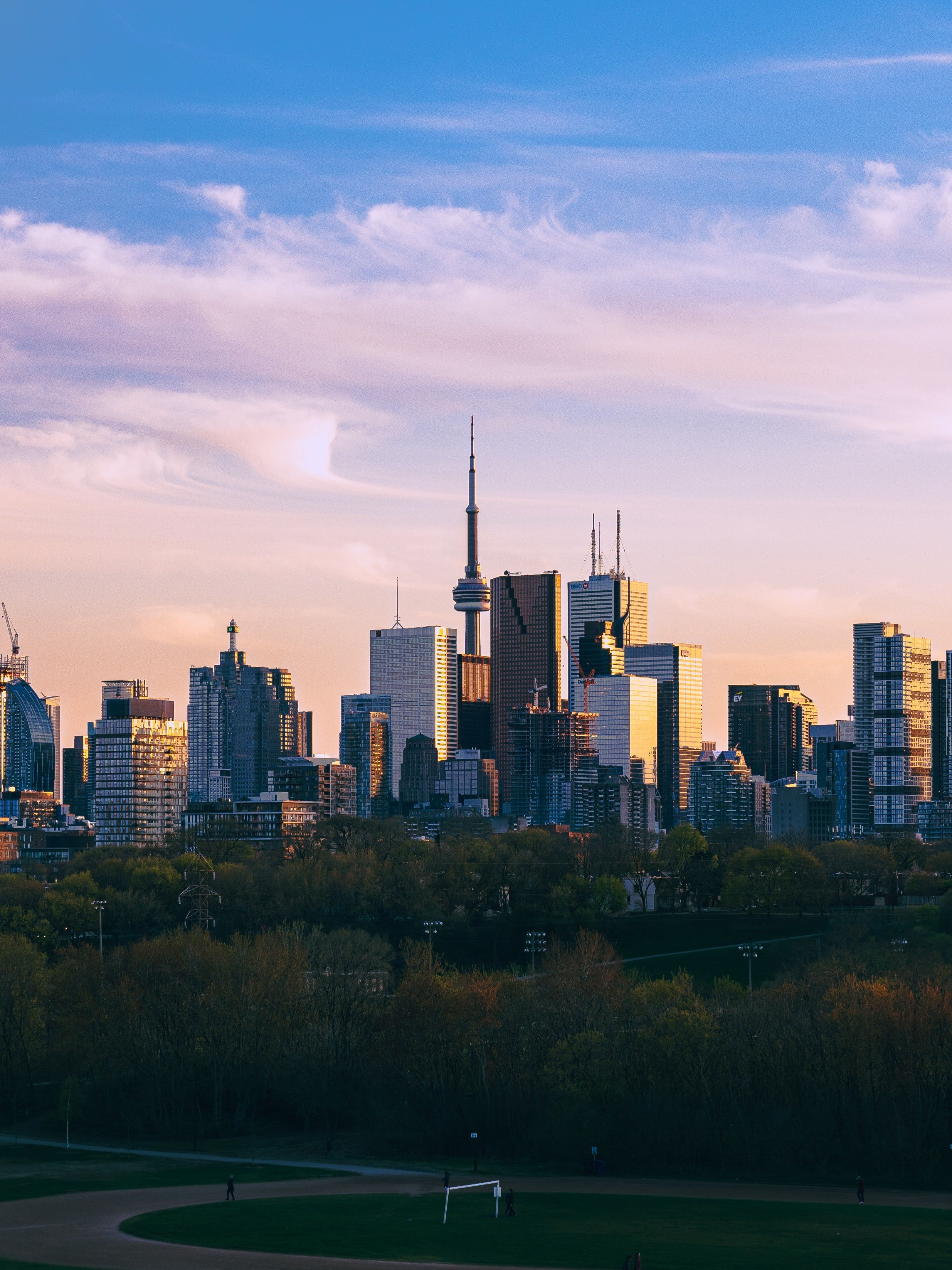
7 Ways To Deal With Travel Anxiety
While the COVID-19 pandemic has put a stop to most travel, it seems (and don’t quote me on this) that we may just be able to leave our houses once again in the coming months. The thought of embarking on a new adventure is extremely exciting, and our fingers are crossed that ‘Revenge Travel’ will be possible very soon! So, with post-pandemic travel on the horizon, we would like to shed some light on a very real struggle that some of us face: travel anxiety. We have gathered 7 tips to make your travels a little less anxiety-ridden from start to finish.
But first, What is Travel Anxiety?
Travel anxiety can stop you from enjoying your vacation, or from even going at all. It is known as a fear of leaving your comfort zone at home to visit a new, unfamiliar place, either due to the unpredictable nature of traveling, or the many components leading up to the trip itself. Those prone to anxious thoughts and feelings often find that traveling triggers an intolerable influx of anxiety symptoms, including a rapid heart rate and difficulty breathing, chest pain, nausea, trouble concentrating, restlessness, insomnia, and sometimes panic attacks.
Panic attacks can cause dizziness, shaking, sweating, and an increased heart rate. This, in combination with the inherently stressful nature of traveling, makes for a not so fun experience. For some, it can be the build up and the preparation that causes the anxiety, but for others it’s the entire experience from start to finish.
Okay, but What Causes Travel Anxiety?
Like most anxiety disorders, travel anxiety can happen for a number of reasons. Some people with past travel-related trauma will experience increased anxiety before and while traveling. Experiencing a car accident is a major cause of travel anxiety for many, along with hearing about travel-related events such as plane crashes and foreign illnesses. Genetics can also impact the risk of any type of anxiety.
But, all is not lost, even if the mere idea of traveling makes you sick to your stomach. You are not alone, and we have some solutions that may suppress those butterflies enough to get you out the door and on your way to an amazing new life experience...
So then, What Can You Do About Travel Anxiety?
1. Plan, Plan, and Plan Some More
Planning your trip is important with or without anxiety in the mix, but to make your experience go as smoothly as possible, there are some extra steps you can include in your planning process.
Of course you will want to lay out the activities you intend to do and the landmarks or attractions you wish to visit, but you will likely have many ‘what if’ scenarios in your head that are adding to your anxiety. ‘What if I lose my luggage?’, or ‘What if I miss my flight?’, or even ‘What if I can’t get home?’. These are all valid worries to have, and you should not feel embarrassed to think about them! The best way to overcome these worries is to think them through completely. What if you do lose your luggage? Well, there are steps you can take to avoid this, such as labelling your weekender bag or your suitcase with your contact information, and having the phone number of your airline or transportation company at the ready should anything go awry.

Photos by Unsplash - Spencer Davis (@spencerdavis) and Oxana V (arttraveling)
You may also be worried about leaving your responsibilities at home. This is also okay! With the right planning in place, such as a housesitter, you can rest assured that everything will be just as you left it upon your return. Find a map of the airports or bus terminals you will be moving through, have all of your flight information in one place, along with any other travel documents. Plan your accommodation, and don’t forget to plan your transportation to said accommodation.
There is certainly a lot to think about when planning a trip, with or without anxiety, but by providing yourself with ample time to prepare and think through these potentially stressful predicaments, you can expect to travel efficiently and smoothly.
2. Pack Accordingly

In theory, this one’s an easy one. Bring enough essentials to last you the length of your trip, right? Yes, essentials are necessary, but if you experience travel anxiety your essentials may look a little different. Some sunglasses are a great choice (whether it’s a beach vacation or a ski trip), because not all modes of transportation accommodate for light sensitivity, and a pair of tinted shades are perfect for blocking out some of those potential triggers without the full coverage of a typical eye mask.
Also, keeping a smaller bag to compartmentalize your most needed items is ideal (a dopp kit, perhaps?), so that you can feel refreshed on the go. In fact, separating your items by importance to you is a great way to feel in control when traveling. Not only do you want to have everything you need, but you want it to be accessible to you at all times. Throwing everything in a bag works for some, but it is often better to play a bit of Tetris with your luggage organization so that it serves you best!
3. Know Your Triggers, And Have An Exit Strategy
Anxiety can have many triggers, depending on the person and the situation. When it comes to travel anxiety, these triggers can be travel-specific, such as riding in an unknown vehicle, moving through an airport or boarding a plane. You know yourself best, so knowing your own triggers is helpful when facing them head on.
Often, travel anxiety is triggered by being in an unknown place, without having an immediate exit strategy. Planning an exit strategy can help alleviate some anxiety, so it’s important to remember that you can go home whenever you need to! However, a big part of traveling is that you are not meant to feel at home, in fact, feeling out of place is where the fun begins! That is much easier said than done, but know that it is okay to change your plans according to your comfort level.
4. Bring A Friend

Photo by Unsplash - Matheus Ferrero (@matheusferrero)
Having someone else there with you can make the world of a difference. Ensure that they know what your needs are, and that they can help you should your anxiety result in a panic attack. Make them a part of the planning process, and ask them to give you positive reminders too!
5. Fight Those Intrusive Thoughts
Facts are facts - AKA, the likeliness of that thing happening that you’re worried about is very low. No one suffering from anxiety wants to hear that they’re being irrational - in fact, you know you’re being irrational but that won’t stop you from worrying, and that’s okay! Knowing the facts behind your worries can help to calm those intrusive thoughts. If you are worried about a specific scenario, play it out all the way through in your mind and have solutions.
Most importantly, remind yourself why you are traveling. Whether it’s for a wedding, an adventure, or to relax, remind yourself that you chose to be there. Remember the end goal, the reason that you are traveling in the first place. Imagine yourself lying on that beach, or visiting that iconic landmark you’ve always wanted to see, and combat those anxious thoughts with the knowledge that you are in control, even when it may feel like you are not. This is your time, your money, your vacation! If you want to leave early, leave early. If you want to cancel some plans on your itinerary to make your day a little calmer, that is okay. Traveling doesn’t have to be fun every second of the way, and the sooner you accept that, the easier it will be to enjoy yourself.
6. Money, Money, Money

Money can’t buy happiness - but it can buy you a map or a taxi ride if you get stuck! Always keep some cash on you (in the right currency, of course), and keep your credit card handy just in case. You can curb your worries just a bit by dividing up your money, keeping some in each bag and some on your person at all times. You can do this by using a passport holder as well as a wallet!
7. Analyze Your Experience
Reflect on your experience post-travel. How bad was it? Did it improve your perspective on traveling, or did it worsen it? Consider seeking a professional to discuss your experiences and to determine some methods that may help you with any future travel endeavours. Keeping a journal throughout your travels is a practical way to keep track of what you liked and what you didn’t, and to identify any new triggers and any that may have dissipated along the way.
We are all hoping to get back out there soon, and we don’t want anything holding us back, right? Get your passports ready and your bags packed, because tourism is about to make a comeback!



Leave a comment
This site is protected by hCaptcha and the hCaptcha Privacy Policy and Terms of Service apply.